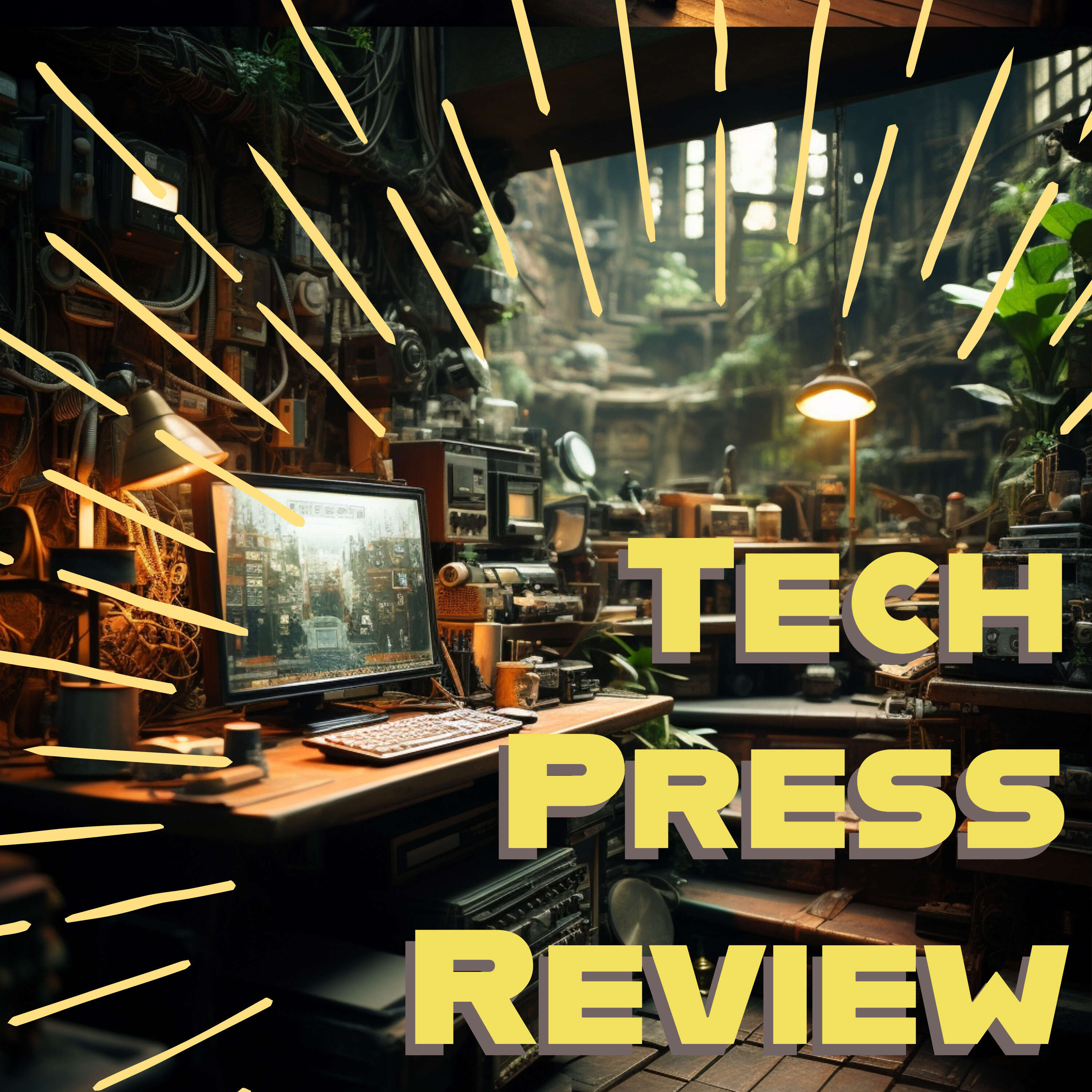Tech Press Review - Sept 12th 2023
- The podcast starts with an article titled "An A.I. Leader Urges Regulation and a Rethink", where tech executive Mustafa Suleyman advocates for government regulation on Artificial Intelligence (AI). He suggests that nations should have cabinet-level tech expert ministers and republicize private companies in the AI sector, with a governance model similar to the Intergovernmental Panel on Climate Change. His new book expressing these thoughts works as a wake-up call for policymakers and citizens.- The second article entitled "Your brain does not process information and it is not a computer" explores how brains are not similar to computers. It dives into the misconception that human minds process, store, and retrieve knowledge in the same manner as computers, which is not the case. The article highlights the complexity and uniqueness of the human mind and dives into why approaches like treating brains as computers are deemed unproductive.- The third article, "It’s finally here!" introduces the Mojo programming language, now available for local download. This language, designed specifically for AI developers, offers improved performance in AI acceleration, infrastructure, and integration with Python libraries. It also includes ample developer aids such as a VS Code Extension, a shell, and a Jupyter kernel for building and running Mojo notebooks.- In the article "Bun 1.0", the readers will learn about a new comprehensive toolkit for JavaScript and TypeScript development called Bun. The toolkit offers streamlined processes for running, building, and debugging, and can replace several pre-existing tools, such as Node.js, Babel, npx, and Webpack. It is designed to make software development faster, more efficient, and more enjoyable.- Lastly, "What OpenAI Really Wants" covers OpenAI co-founder Sam Altman's world tour that gave insights into the rapidly evolving world of artificial intelligence. Not directly involved in the development of OpenAI’s popular products like ChatGPT or Dall-E, Altman still represents the organization's vision and serves as a figurehead for AI's new challenges and opportunities.In essence, the podcast will be exploring the intersections of technology, AI, and our experiences - regulatory needs of AI, the human brain vs. the computer debate, and innovations such as the Mojo programming language and Bun Toolkit. And finally, it will discuss the vision and aspirations of influential individuals like Sam Altman for the future of technology and AI.

